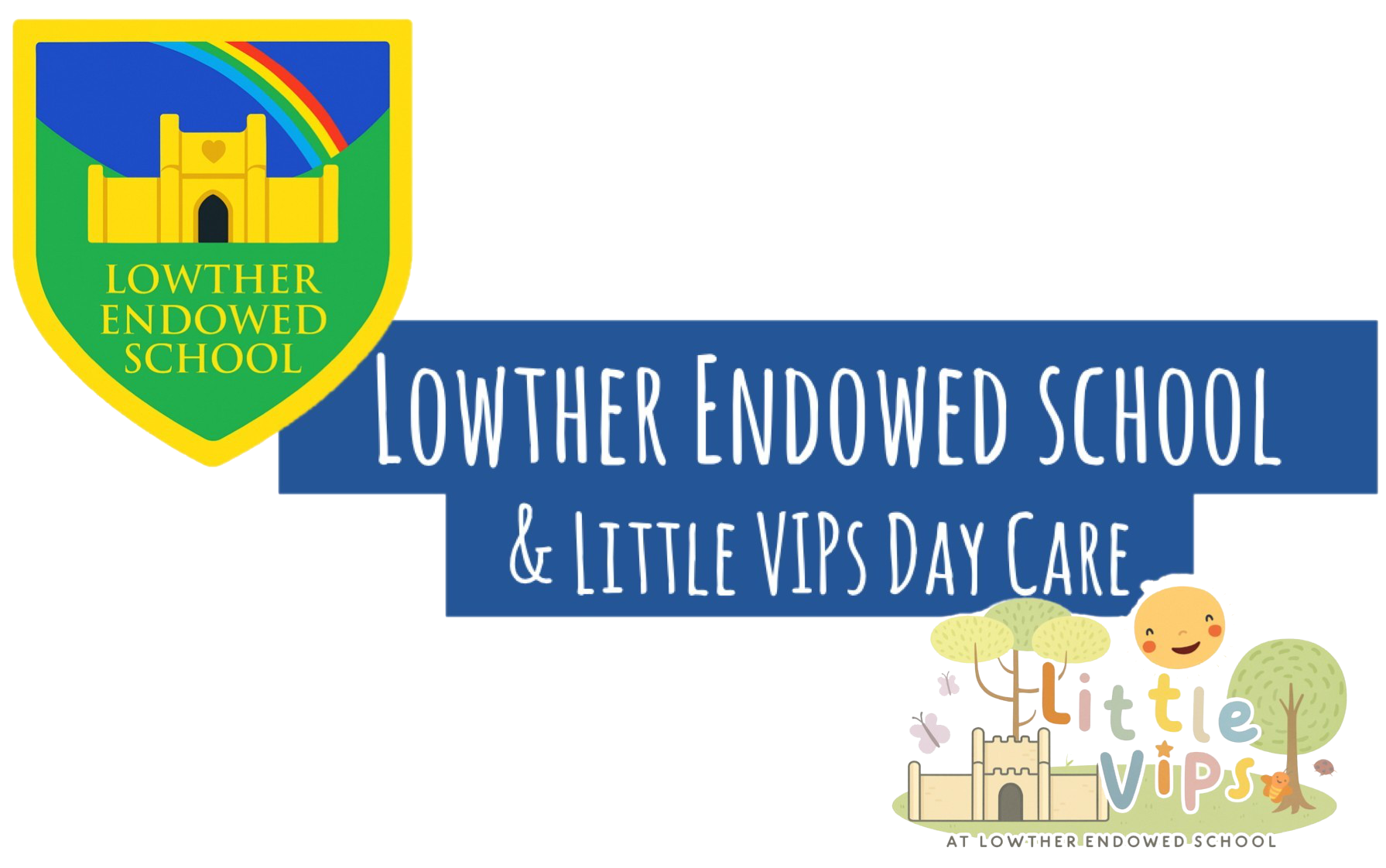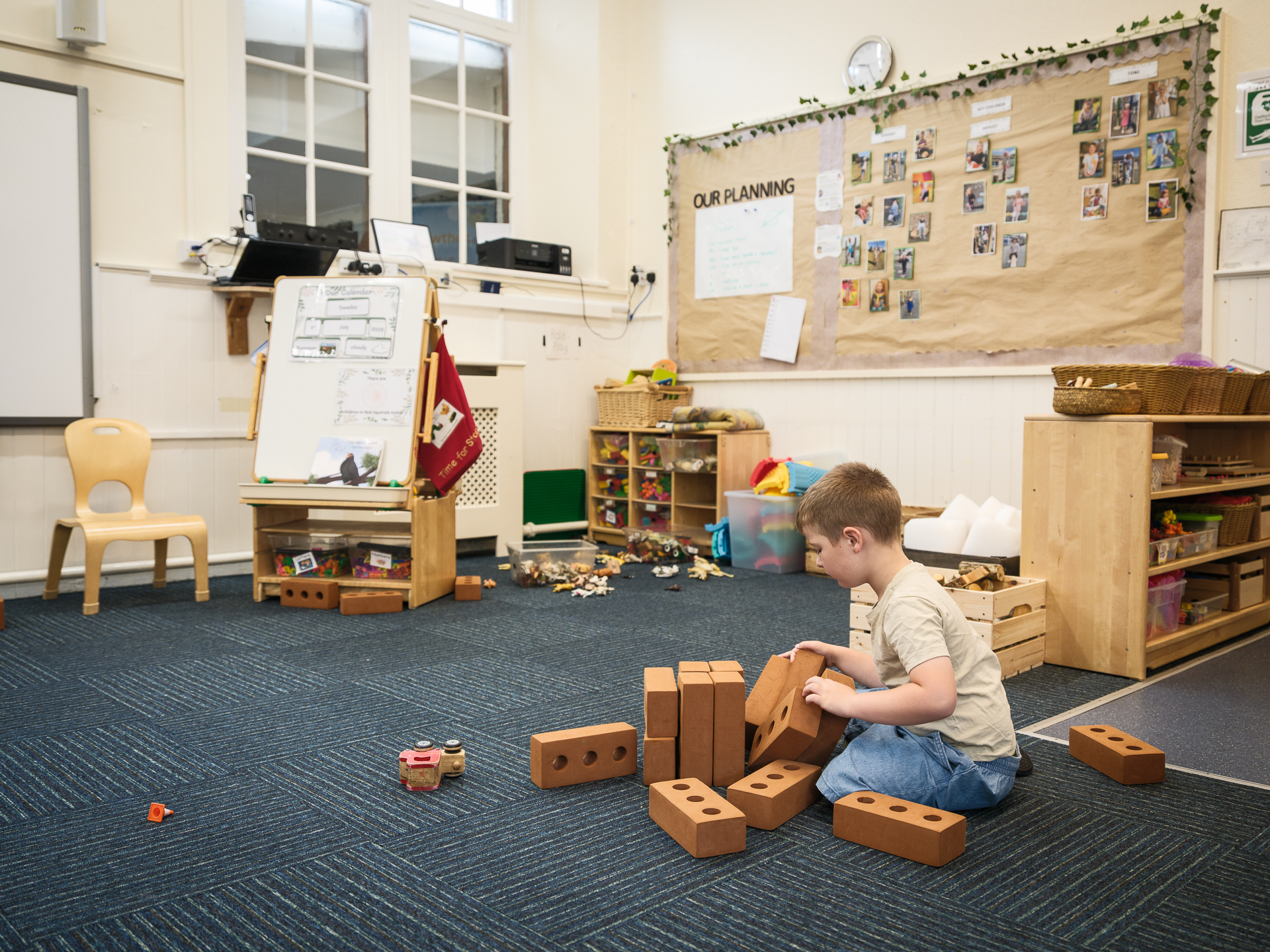Geography
Geography at Lowther Endowed School inspires curiosity and fascination about the world and its people. Our curriculum encourages pupils to explore their local environment, understand diverse places and cultures, and consider their role as global citizens. Through hands-on investigation and enquiry, children develop a deep appreciation of the physical and human processes that shape our planet.
Intent
Our Geography curriculum aims to:
-
Develop children’s knowledge of their local area and the wider world, including its physical features, human environments, and the interconnections between people and places.
-
Encourage curiosity, critical thinking, and enquiry skills through practical investigation and problem-solving.
-
Foster an understanding of sustainability and responsibility towards the environment.
-
Cultivate respect and appreciation for diverse cultures, landscapes, and communities.
-
Build subject-specific vocabulary and geographical skills progressively, preparing pupils for future learning and active citizenship.
Implementation
-
Geography is taught through a combination of thematic units and discrete lessons, using a range of engaging resources including maps, fieldwork, digital tools, and artefacts.
-
Pupils participate in regular local fieldwork and outdoor learning to experience geography firsthand.
-
Lessons incorporate enquiry-based activities where pupils ask questions, gather and analyse data, and present their findings.
-
Cross-curricular links are made with History, Science, English, and Art to provide rich contexts for learning.
-
Progression is carefully planned across year groups, with skills and knowledge revisited and deepened over time.
Impact
-
Pupils develop confident geographical knowledge and skills, including map reading, data interpretation, and critical thinking.
-
Children gain a strong sense of place and community, alongside an understanding of global issues such as climate change and cultural diversity.
-
Our pupils leave Lowther with enthusiasm for exploring and learning about the world, equipped with the tools to think geographically and act responsibly.
-
Ongoing assessment shows pupils make strong progress from their starting points, demonstrating curiosity and a growing ability to make connections.
Cultural Capital in Geography
Our Geography curriculum enriches cultural capital by broadening pupils’ horizons beyond their immediate surroundings. Through learning about different countries, environments, and cultures, children develop empathy and global awareness. Experiences such as local field trips, interaction with community members, and exploring diverse stories and traditions help pupils build a richer understanding of their place in the world. These experiences empower pupils with the knowledge and skills necessary to navigate and contribute positively to an interconnected society.
What does Geography look like in EYFS .....
In EYFS, Geography is introduced through activities that encourage children to explore and make sense of their immediate environment. This includes:
-
Investigating local places through walks and observations, noticing features such as buildings, parks, roads, and natural elements.
-
Using simple maps, photographs, and models to understand spatial relationships.
-
Talking about weather, seasons, and changes in the environment.
-
Engaging in role-play and stories that involve different places and cultures.
-
Exploring how people live and interact with their surroundings.
-
Developing vocabulary related to location, direction, and environment through everyday conversations and activities.
These early experiences lay the groundwork for geographical enquiry and awareness, fostering a sense of curiosity and respect for the world around them.


